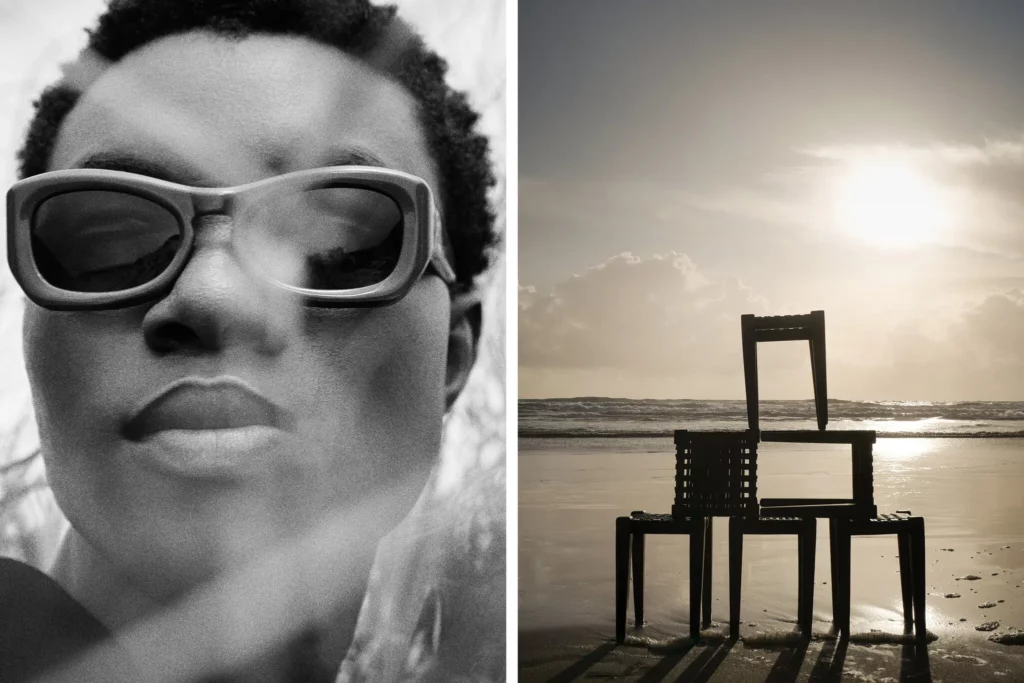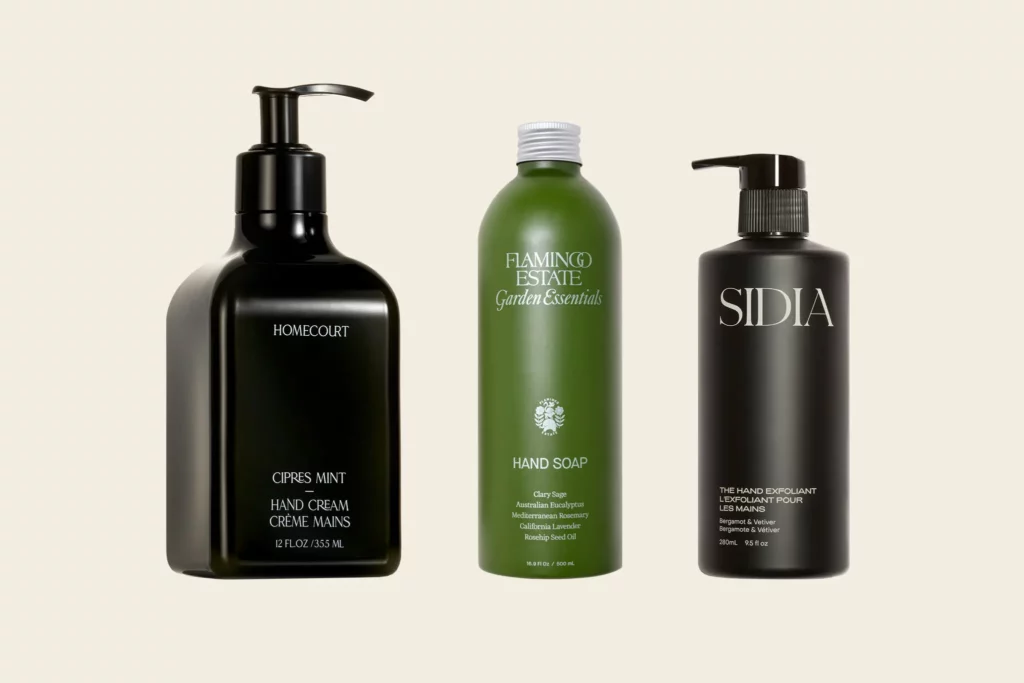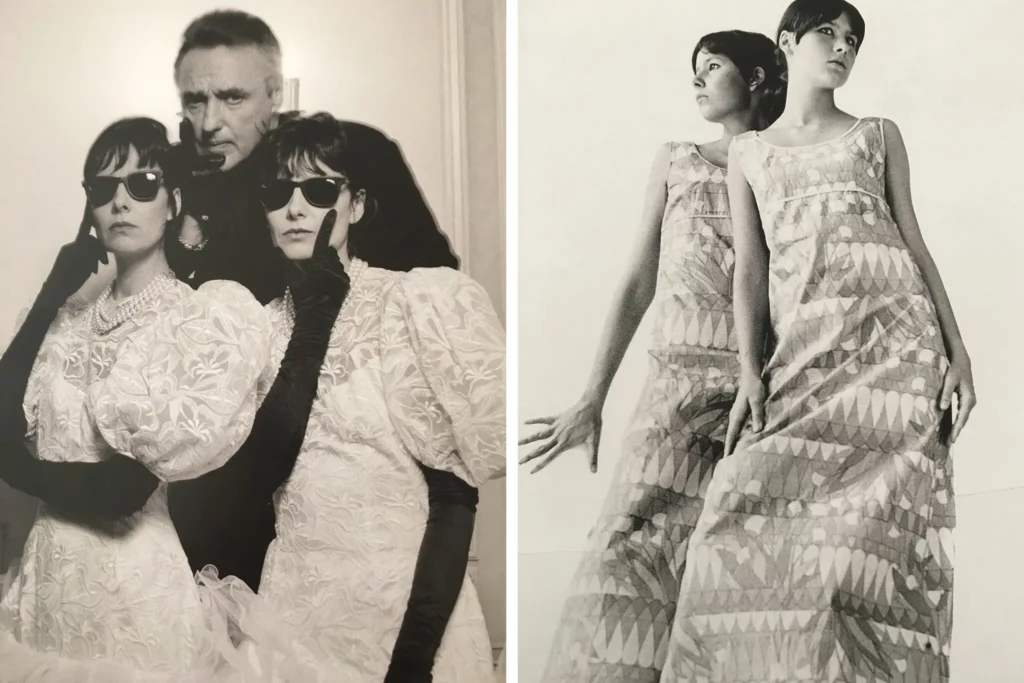A Minorcan Villa Surrounded by Forest
While Ibiza and Majorca both offer farmhouse-turned-villa rentals in all shapes and sizes, comparable options on the less visited and easternmost Balearic island of Minorca are not as plentiful. That makes Finca Bellavista, a five-bedroom homestead on the island’s southwest side, about a 20-minute drive from the medieval town of Ciutadella, a welcome addition. Opened by the French hotelier Arnaud Zannier, it’s the latest property from Zannier Private Estates, his family’s collection of bookable residences that includes a 10-bedroom chateau near Saint-Tropez and a vineyard in northern Portugal. This new spot feels similarly rooted in its rural setting — braided baskets, unpolished wooden furnishing and locally sourced antiques warm up the meticulously renovated farmhouse’s lime-washed interiors, and over 120 private acres of plains, forest and farmland lie between its front porch and the sea. “I visited several properties around the island and fell in love with this one,” Zannier says. “The building embodies typical Minorcan traditions — the large chiminea, the flat roof terrace and the iconic white coating — and it’s so remote.” But while it may have rustic appeal, it is not without an outdoor pool and a private chef. Guests will also want to avail themselves of a secluded pathway on the grounds that snakes to one of Minorca’s most pristine coves, Playa de Son Saura, and connects to the Camí de Cavalls, a walking route that encircles the whole of the island and passes right in front the estate. Price upon request, zannierhotels.com.
A Collaboration Spanning Furniture and Eyewear

After meeting through a mutual friend in London, Michael Bargo, the New York interior designer and furniture dealer who’s long used his apartment as an ever-evolving showroom, and Bilal Fellah, the co-founder of Port Tanger, the eyewear label inspired by vintage pairs and the vibrancy of the Moroccan city for which it’s named, decided to link up for the latest iteration of the brand’s ongoing Visited By series. The collaboration consists of one stool and one pair of glasses in six colorways. Bargo looked to 20th-century design and cafe society when coming up with the latter’s round acetate frames with contrasting fluorescent lenses (they look a bit like ones Aristotle Onassis used to wear), but borrowed the name for them, Temo, from his pet Chihuahua. The stool, handmade from Moroccan walnut wood and woven cow leather, is also meant to evoke glamorous gatherings of yesteryear while being quite practical. “You have this easy piece of furniture that functions in many different ways,” says Bargo. “It can be an extra dining chair, coffee table or seat.” The stool is also versatile in that it’s as easy to picture in a New York hot spot as in a Tangier hideaway. “I love Tangier,” says Bargo. “It has a sort of speakeasy culture, with most things happening behind closed doors. It makes it difficult to fully experience the city if you don’t have a local guiding you. But then you discover all of these beautiful little secrets.” Temo eyewear, $290; stool, $675, porttanger.com.
Luxurious Hand Care Essentials

A 2020 Gallup poll revealed that the average adult washes their hands five or more times a day — so why not make the most of it? Relishing the process is possible thanks to a trio of brands concocting formulas using elevated ingredients and sophisticated fragrances. Sidia, the newest venture from Erin Kleinberg of the branding agency Métier Creative, launched its citrusy Hand Exfoliant and Hand Serum this month in hopes of encouraging customers to take small moments for themselves throughout the day. The exfoliant is satisfyingly gritty, and the fast-absorbing serum guarantees that there’s no slipperiness after application. Homecourt, the actor Courteney Cox’s line, took special care with its Hand Wash and Hand Cream, which come in four fragrances: steeped rose, neroli leaf, cipres mint and Cece, a spicy, smoky blend that is the founder’s signature. Both include ingredients like wild hibiscus extract, soothing microalgae oil and argan oil that nourish skin with every use. Finally, Flamingo Estate, the California-based brand that partners with growers and naturalists, offers products that are as close to farm-to-sink as you can get. Its Garden Essentials line includes a Castile Hand Soap, with oils like babassu, rose hip seed, and olive to support a healthy skin barrier, and a Body Lotion, with jojoba and avocado oils along with oat and micro algae to make the skin more resilient. And the eucalyptus, lavender, rosemary and sage scent calls to mind the lush gardens of its namesake estate, making a practical routine feel like a brief escape.
A Photography Exhibit That Captures a ‘Moment of Freedom’

In 1972, Gisela Getty and her twin sister, Jutta Winkelmann, landed in Rome with one purpose: to reinvent themselves. There, the free-spirited, Kassel, Germany-born twins, who had already begun to make a splash with their participation in the West Germany student protests of 1968, became poster children for the era’s unbridled bohemianism as they discovered LSD and a colorful circle that included Bernardo Bertolucci, Roberto Rossellini, Mario Schifano and J. Paul Getty III, whom Gisela would go on to marry. “We had this sense that it was a very important time, so we started to take our camera with us everywhere,” Gisela recalls. Some of the resulting images — as well as photographs of the identical dark-haired siblings with the likes of Leonard Cohen, Dennis Hopper and Timothy Leary from the years that followed — make up “Summer of Love,” an exhibition opening at Indi Herbst Galerie in Starnberg, Germany, next week. Perhaps the most poignant of the roughly 30 included pictures is a Robert Freeman snapshot of the sisters sauntering bare-breasted down a country road in Italy days before Gisela’s then fiancé was kidnapped and held for ransom by the ’Ndrangheta crime syndicate. (Upon his release, the couple fled to California.) “After that, the world started to change, and the window of looking into paradise slowly closed,” she says. But to her, the show takes us back to just before — “that whole moment of freedom in which we changed the paradigm to something more tender, more liberated, more tolerant.” herbstgalerie.com.



















Comments